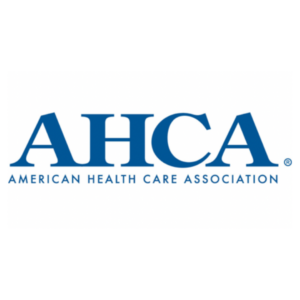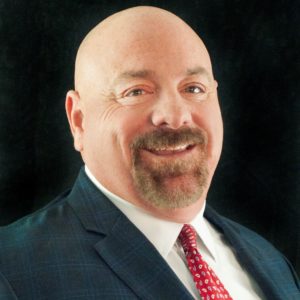Vast inconsistencies in Personal Care Aide training across states
An important—and growing—segment of caregivers, personal care aides (PCA), provide care and support to home- and community-based elders and people with disabilities. However, there are no federal training standards for this group of workers. The Paraprofessional Healthcare Institute (PHI) has compiled and analyzed the training standards for PCAs in publicly funded programs in all 50 states.
The report, “Personal Care Aide Training Requirements: Summary of State Findings,” looked at each state’s Medicaid Personal Care Option and home- and community-based waiver programs and found that in states that offer one or more training programs:
- 23 states have no training requirement
- 27 states leave the PCA training up to the agency or employer
- 25 states have required training hours for the PCA position; however, 14 states require no more than 40 hours of entry-level training.
- Approximately 25 percent of states do have state-sponsored program and/or require certification.
When analyzing uniformity of PCA standards for each state’s Medicaid program and population, PHI found that:
- 12 states have some training requirements in some of their PCA programs.
- 7 states have training requirements for PCAs in all their programs, but the requirements vary across programs.
- 22 states have uniform PCA training requirements across all programs, but only 5 have a detailed skills and curriculum for PCAs.
- 4 of the 22 states with uniform requirements in all programs, also require PCAs to complete home health training.
“If two PCAs are working in different programs but doing essentially the same work, they should encounter the same core training standards and be able to move from one program to another,” said PHI Director of Policy Research Dorie Seavey.
Medicaid participant-directed programs were also analyzed because the number of these programs has increased, with many participants self-directing their home-based care. Most states do not address training for participant-directed care.
Report author and PHI policy research analyst Abby Marquand, says, “A well-trained workforce is important in ensuring that elders and individuals with disabilities receive the quality care they need and deserve.”

Sandra Hoban was on I Advance Senior Care / Long-Term Living’s editorial staff for 17 years. She is one of the country’s longest-serving senior care journalists. Before joining Long-Term Living, she was a member of the promotions department at Advanstar Communications. In addition to her editorial experience, Sandi has served past roles in print and broadcast advertising as a traffic and talent coordinator.
Related Articles
Topics: Medicare/Medicaid , Staffing











